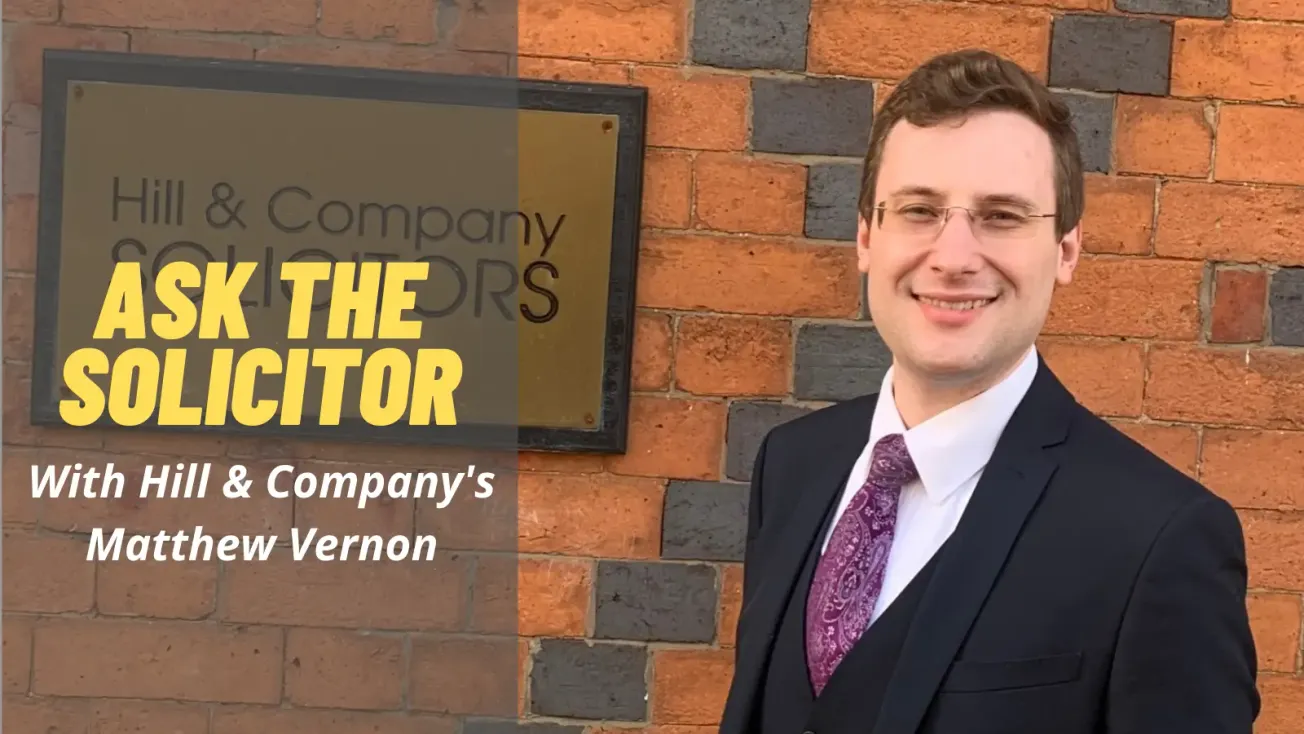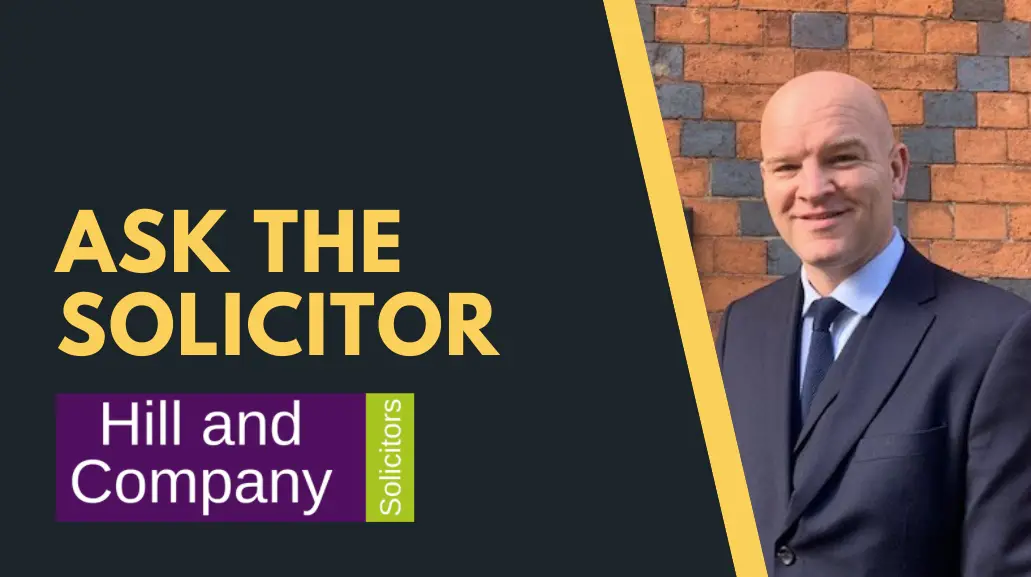We’ve partnered with Altrincham law firm Hill & Company to bring you a regular Q&A feature where we’ll tap into the insight from one of their trusted legal advisors.
This week we spoke to Matthew Vernon, Solicitor and Partner, about the administration of estates following a bereavement.
ALTRINCHAM TODAY: What does it mean to be appointed an executor/executrix?
MATTHEW VERNON: When the person who has died made their will, they would have appointed someone to sort out their affairs after their death. This person, or group of people, has the legal duty and authority to administer the estate of the person who has died. They are responsible for registering the death, completing the inheritance tax return, collecting in all of the deceased’s assets, settling all of the deceased’s debts, and distributing the estate in accordance with the last will and testament.
It is an honour to be appointed as an executor, but it is also a grave responsibility. Executors must ensure that they do everything correctly as they can become personally liable to compensate the beneficiaries or pay the deceased’s debts if they do something that they ought not to have done. It is therefore advisable to obtain expert legal advice when you take up your appointment as an executor.
AT: What impact has the pandemic had on executors?
MV: The effects of the pandemic have been felt by every business in the country. Absent staff and working from home has meant that a lot of businesses and institutions have struggled to be as productive as they once were. On top of this, many of these stricken businesses are facing an unprecedented amount of enquiries, and with fewer staff available to respond, delays are inevitable.
It is becoming increasingly harder for executors to obtain the advice that they require from institutions such as banks, share companies, HMRC and the Probate Registry, in a timely manner. Not only are these delays frustrating, they can easily lead to important deadlines being missed resulting in fines, penalties and interest.
Seeking the advice of an experienced solicitor could help you avoid some of these delays and penalties. Their knowledge of the legal requirements and processes means that they advise you on what you must do, the way you must do it, and the timescales that you must work to. Their practical advice can save you time and speed up the administration.
AT: Do I need a Grant of Probate?
MV: Whether you need a Grant of Probate or not depends on many factors specific to each individual estate. It will depend on the types of assets the deceased owned, the value of those assets, and whether they were owned jointly with someone else.
Hill and Company Solicitors can advise you on whether or not you need to take out a Grant of Probate, and if so, how you should go about it.

AT: What if there is no will?
MV: If no will is found amongst the effects of a deceased person, the next of kin should make an exhaustive search of all the places that wills are usually kept. Hill and Company Solicitors can advise you on precisely where to search and can make enquiries on your behalf.
If it becomes clear that the person who has died did not make a will, they are said to have died ‘intestate’. In these circumstances, the law dictates how their estate is to be distributed. The people entitled to inherit the deceased’s estate are the people who are entitled to carry out the administration. In the majority of cases, the beneficiaries must take out a special type of grant, known as a Grant of Letters of Administration, before they are able to progress the administration.
Their expertise in estate administration means that Hill and Company Solicitors can provide you with invaluable advice and guide you through all the technicalities.
Matthew Vernon and his colleagues have many years of experience in the administration of estates of all sizes and complexity. They offer a comprehensive and compassionate service, drawing on their practical knowledge and legal expertise to make the process of administering an estate as smooth and stress-free as possible. If you would like their help, guidance, and support, or if you just have a question that you would like a straight answer to, they would be pleased to speak with you. You can contact them by telephoning 0161 928 3201, emailing m.vernon@hillandcompany.co.uk, or by writing to them at 4-8 Market Street, Altrincham, WA14 1QD.






